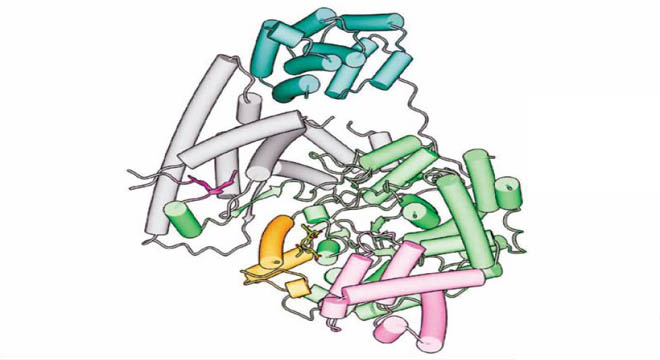Islamabad-Blocking gene expression in mitochondria in mice stops cancer cells from growing. A newly developed compound starves cancer cells by attacking their “power plants” – the so-called mitochondria.
The new compound prevents the genetic information within mitochondria from being read. Researchers from the Max Planck Institute for Biology of Ageing in Cologne, the Karolinska Institute in Stockholm and the University of Gothenburg report in their study that this compound could be used as a potential anti-tumor drug in the future; not only in mice but also in human patients. Mitochondria provide our cells with energy and cellular building blocks necessary for normal tissue and organ function. For a long time, the growth of cancer cells was assumed to be independent of mitochondrial function. However, this long-standing dogma has been challenged in recent years. Especially cancer stem cells are highly dependent on mitochondrial metabolism.
Due to the central role of mitochondria for normal tissue function, and because drugs that target mitochondrial functions are usually very toxic, it has so far proven difficult to target mitochondria for cancer treatment.
Follow the PNI Facebook page for the latest news and updates.









